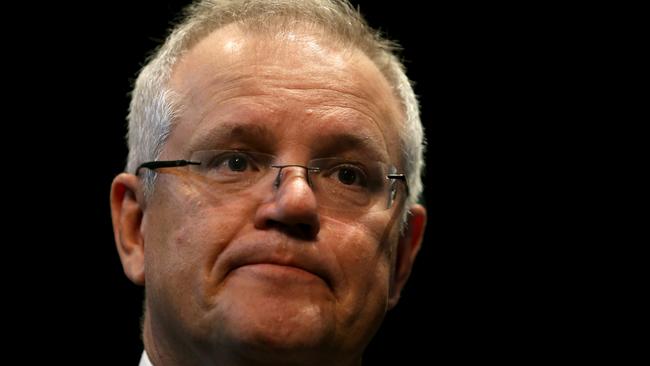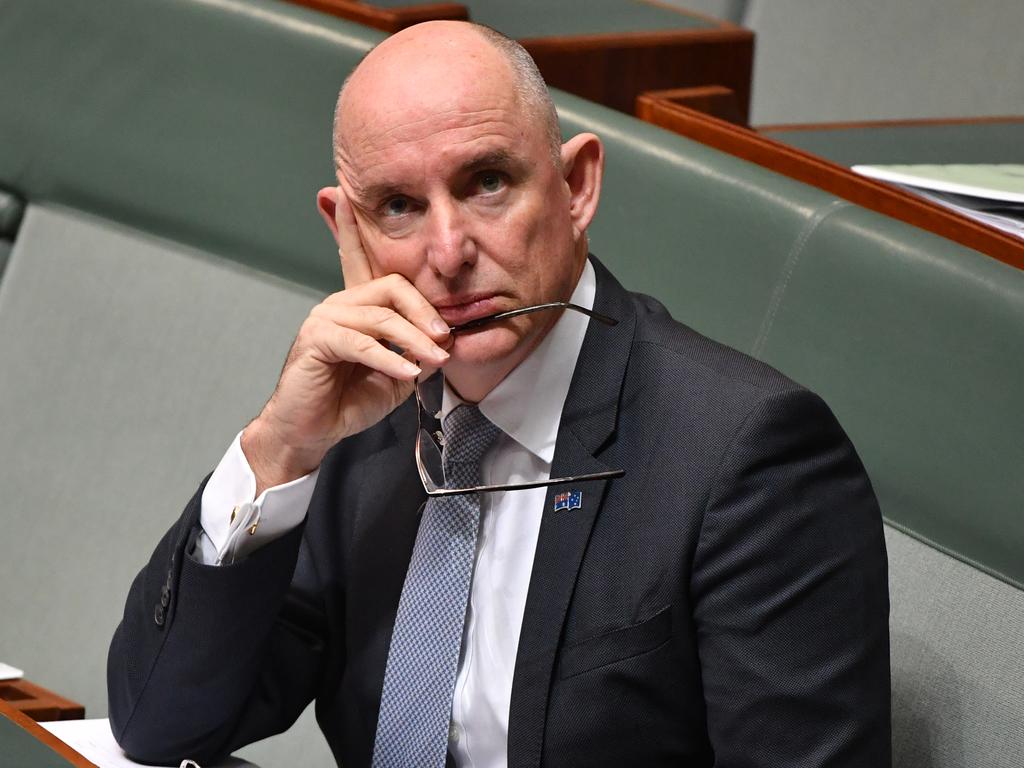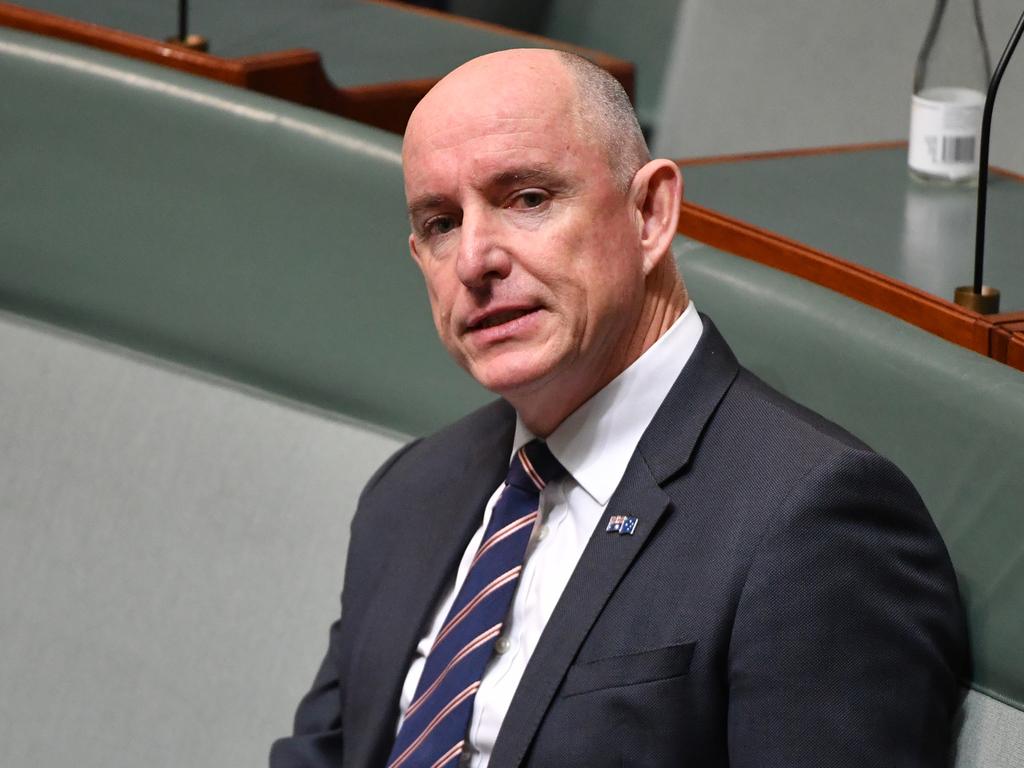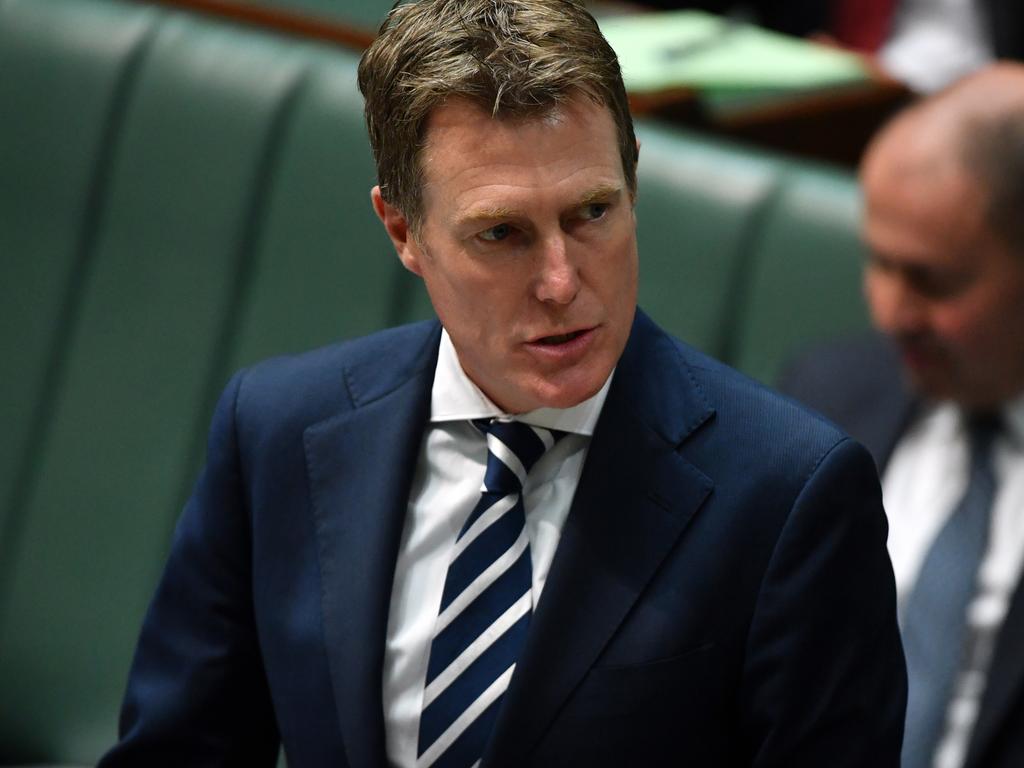
That’s what it did a few Fridays ago with robodebt, when it announced it would be paying back more than $700m in illegally acquired debts from vulnerable Australians.
However the issue should not go away, which is one of the reasons Labor earlier this week called for a Royal Commission into the fiasco.
I can understand why many Australians might baulk at the idea of yet another Royal Commission given there have been so many in recent years. And many of them have been more about politics than policy: for example, the one the Coalition called shortly after it won the 2013 election into the union movement. Designed to damage then-Opposition Leader Bill Shorten, it was presided over by now-disgraced former High Court judge Dyson Heydon.
This time, however, there are good reasons to support further investigation into the botched robodebt scheme. Very good reasons. Whether it needs to be a full scale Royal Commission is debatable, but there is no denying the fact that the government desperately wants us all to move on from the topic. To not have an investigation.
That should tell readers everything they need to know.
The Coalition doesn’t want a Royal Commission into robodebt because its culpability in the ruinous fallout for so many people may be laid bare for all to see.
No less than 2,000 people issued with robodebt notices died thereafter. That figure comes from the Department. Death certificates do not make clear the causes of death, but we know many of them committed suicide. We don’t know exactly how many, but insiders estimate it could be close to half. We know with certainty that 800 people also received subsequent robodebt breach notices before they died. Again, extracting more details behind the cause of these deaths is difficult without a proper investigation.
Which is exactly why we need one and why the government doesn’t want one.
Think about the fact that this government called a Royal Commission into Labor’s pink batts debacle, which cost four workers their lives. Four tragedies to be sure, not potentially hundreds or thousands.
We do not know how much causality there was between the deaths after robodebt notices and the receipt of those illegal notices the vulnerable welfare recipients got. But surely it’s the right thing to do to try to find out? To investigate.
The PM says no. He brushes away calls for further investigation by saying two things: they are fixing the problems, and Labor also issues automated debt notices.
On the first issue, why is fixing something reason not to investigate how something went wrong? Including the effects the illegal policy had on people? The pink batts fiasco was fixed by the time the Coalition called a Royal Commission into that disaster.
On Scott Morrison’s second point — Labor also did it — there are many retorts to that claim. For one, two wrongs don’t make a right, even if Labor also did it. But actually, they didn’t. The PM is being deeply misleading when he makes that claim.
Yes there were automatic payments under Labor. That much is true. But not on the scale of robodebt. Not even close. Not crafted in a way found to be illegal by the courts, as with robodebt. Not without human oversight, as occurred under robodebt. And importantly, when Labor had automatic payments the burden of proof was on the government to show a need by the people receiving it to make repayments. Under robodebt that burden of proof switched to the recipient.
In other words, people were guilty until they could prove their innocence. Forced to make the payment or have their “breaches” result in their welfare payments suspended.
No wonder the courts found the system to be illegal. No wonder people died. No wonder Labor wants the disgrace investigated. No wonder the Prime Minister doesn’t.
Robodebt was a monumental failure of public policy conceptualisation and implementation. Even if only to improve processes for the future, it must be investigated.
If anyone isn’t already cynical as to why the PM doesn’t want an investigation into robodebt, consider this: his best friend in the parliament, Stuart Robert, is the responsible minister. Morrison himself was the social services minister when the scheme was being devised. He was Treasurer by the time the funding clawback was being done to help the budget bottom line, and it was under his leadership as Prime Minister when it was found to be illegal.
This disgrace stinks to high heaven.
Peter van Onselen is a professor of politics and public policy at the University of Western Australia and Griffith University








The government has become very fond of using Friday afternoons to “take out the trash”. That is, to hide bad news in the lowest rating period of the news cycle, once it’s too late for the large Saturday newspaper spreads to devote themselves to the issue. The hope being that the issue will die down come Sunday.